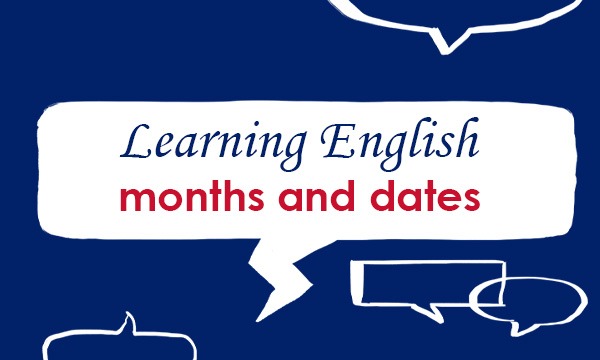Our last article discussed how you could make suggestions or express your opinions.
We’re now going to look at how you can talk about your plans and make arrangements.
Talking about your plans
To tell your friends and people at work about your plans, use I’m going to ….
I’m going to phone him.
I’m going to tell him I can’t come.
I’m going to have lunch with Ted.
We’re going to meet on Wednesday.
To ask someone about their plans, use Are you going to … ?.
Are you going to go to the concert?
Are you going to look for a new job?
Are you going to get a taxi home?
Making arrangements
To make an arrangement with a friend or someone you work with, use We can ….
We can have lunch in town.
We can meet this evening.
We can travel together.
To explain an arrangement, use I’ll ….
I’ll meet you outside the cinema.
I’ll pick you up at seven.
I’ll text you when I’m ready.
To check if someone is happy with an arrangement, use Is … OK?.
Is eight o’clock OK?
Is a pizza OK?
Is it OK to bring Charlie?
Useful word
pick someone up: to collect someone from a place
Saying what you have to do
To tell your friends or people at work what you have to do, use I have to ….
I have to make a phone call.
I have to stay in tonight.
We have to be there at eight o’ clock.
To ask what someone has to do, use Do you have to … ?.
Do you have to give them an answer today?
Do you have to go now?
Do we have to bring something?
To say what you have to do in a strong way, you can also use I must ….
I must finish this work today.
I must warn them.
I must pay him back this week.
When you want to say that you should or ought to do something, use I should ….
I should call Anne.
You should come and visit us.
I should give you my mobile number.
Useful words
warn: to tell someone about something such as a possible danger
a mobile: a telephone that you can carry wherever you go
Listen out for
Here are some useful phrases which you may hear or use when you are speaking to friends or people at work.
Have you ever been to Athens?
How long are you staying in Rouen?
Your English is very good.
Are you married?
Have you got any children?
Do you come here often?
Are you enjoying it here?
Have you worked here for a long time?
Do you speak French?
Could you speak more slowly, please?
I’m sorry – I don’t understand.
Could you repeat that, please?
Thank you for a lovely evening.
It was lovely to meet you.
I hope we’ll see you again some time.
Our next series of articles will look at words you will find useful when travelling.



